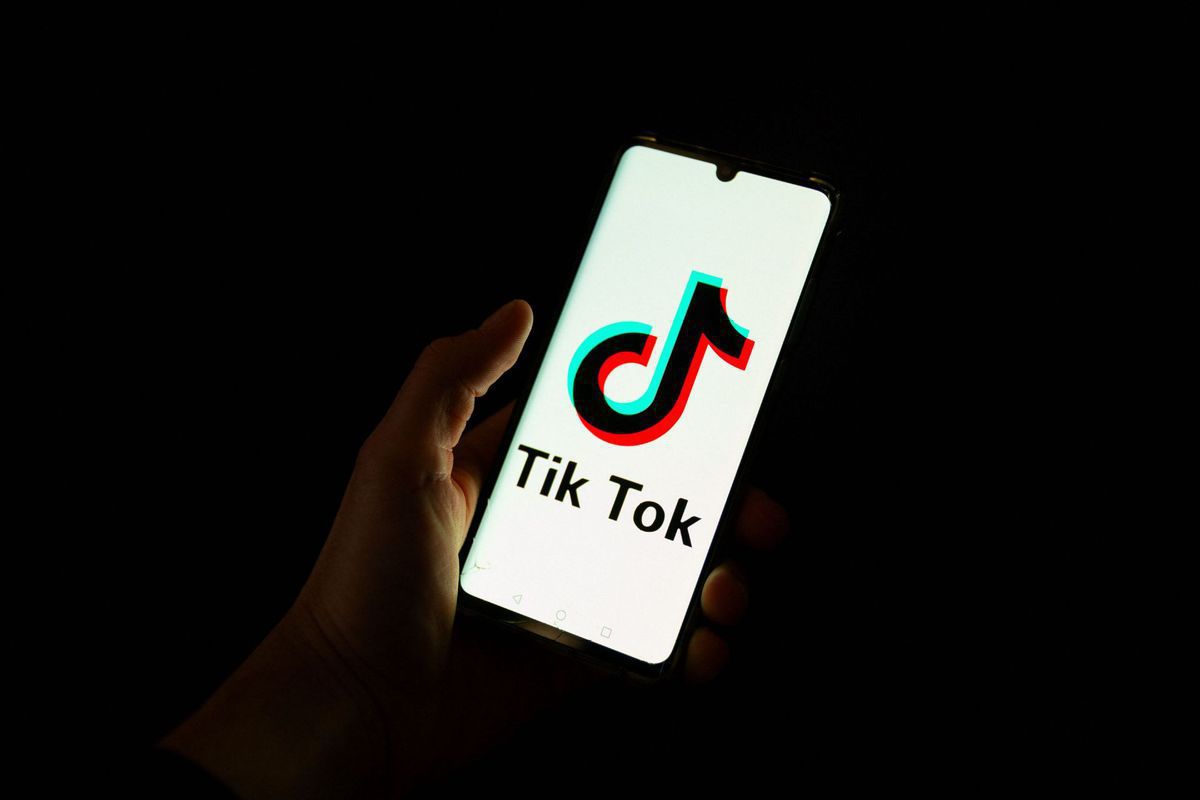Xiaohongshu may be next in line to feel the heat


Many TikTok users in the United States have registered on the Chinese social media app Xiaohongshu recently amid wide concern that TikTok may be blocked soon.
The US Supreme Court is due to rule on Protecting Americans from Foreign Adversary Controlled Applications Act that stipulates TikTok must be divested from its Chinese parent company ByteDance by Sunday or face a ban in the US on the pretext of "national security" concerns.
The influx of US users to the app, which is called "China's answer to Instagram", has grabbed global attention and brought a huge flow of data from the US to the Shanghai-headquartered platform, which combines e-commerce, short video and posting functions. But the Chinese company whose major market has been on the Chinese mainland since its founding in 2013 might not have found that good news as it may only prove a matter of time before it is targeted by the US authorities the same way as they did with TikTok.
Even if US president-elect Donald Trump has signaled some opposition to the divest-or-ban law and promised to "save TikTok" on the campaign trail, and said he would "take a look" whether he would seek to prevent the Supreme Court's ban from taking effect after his meeting with TikTok CEO Shou Zi Chew in his Mar-a-Lago resort in Florida last month, he has never specified how he plans to protect the app.
Trump's change of heart toward TikTok, a target during his first administration, has originated from his acute need to woo young voters during his presidential election campaign. Whether he will stick to that position after he takes office on Monday remains to be seen, as he will face mounting bipartisan pressure to return to his tough stance on the Chinese app, particularly as some of the China hawks in his proposed Cabinet have been behind the witch hunt of TikTok from day one.
TikTok has gone to great lengths to try and retain its US market these years, ranging from localizing its data storage and processing in the country to its efficient response to the lawsuit and Congress' inquisition. It is more difficult for Xiaohongshu to achieve TikTok's success in the US for not only it has US competitors in the same market niche but also that TikTok realized its fast development in the US before it was targeted by the US government.
So those comparing the app to a new platform that can deepen people-to-people exchanges between the two countries have to bear in mind that the company will have to weigh its opportunity cost and marginal benefit, amid mounting uncertainties, to try and prevent its highlight moment in the US from becoming a flash in the pan.
































